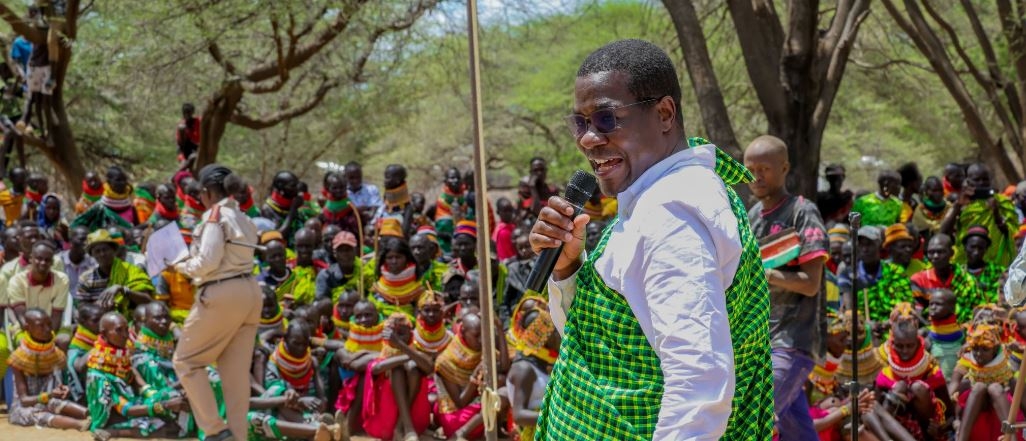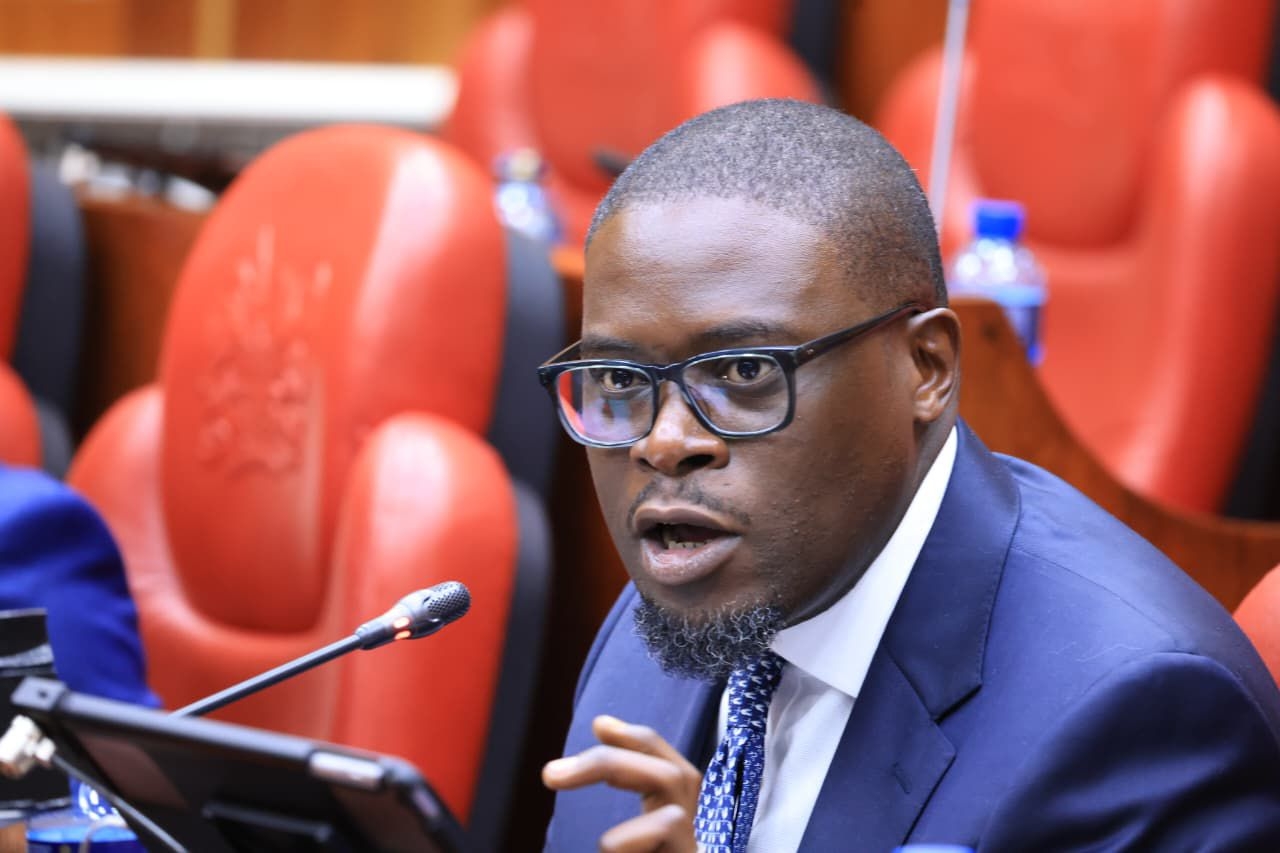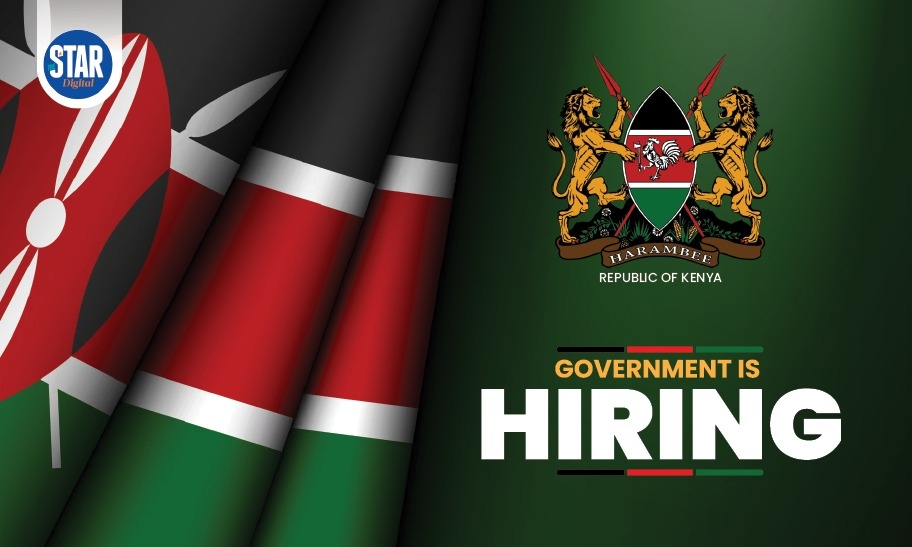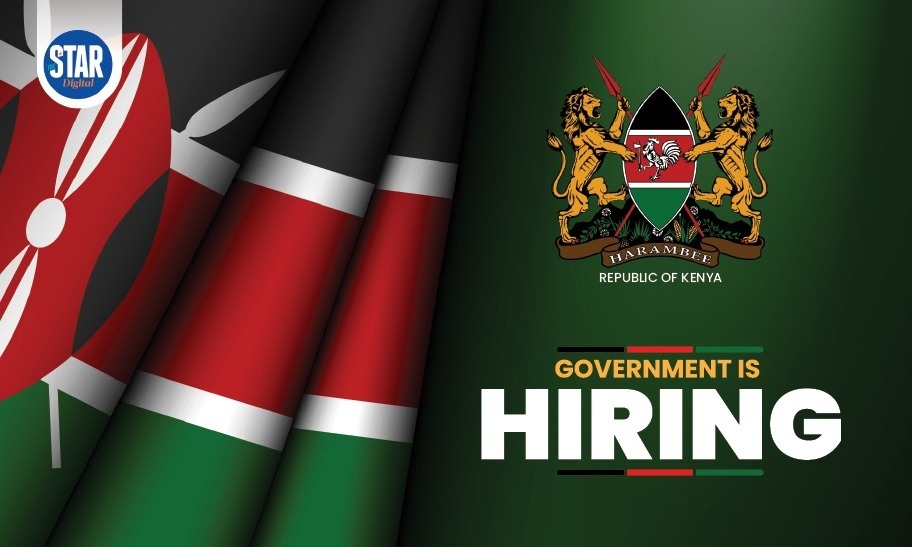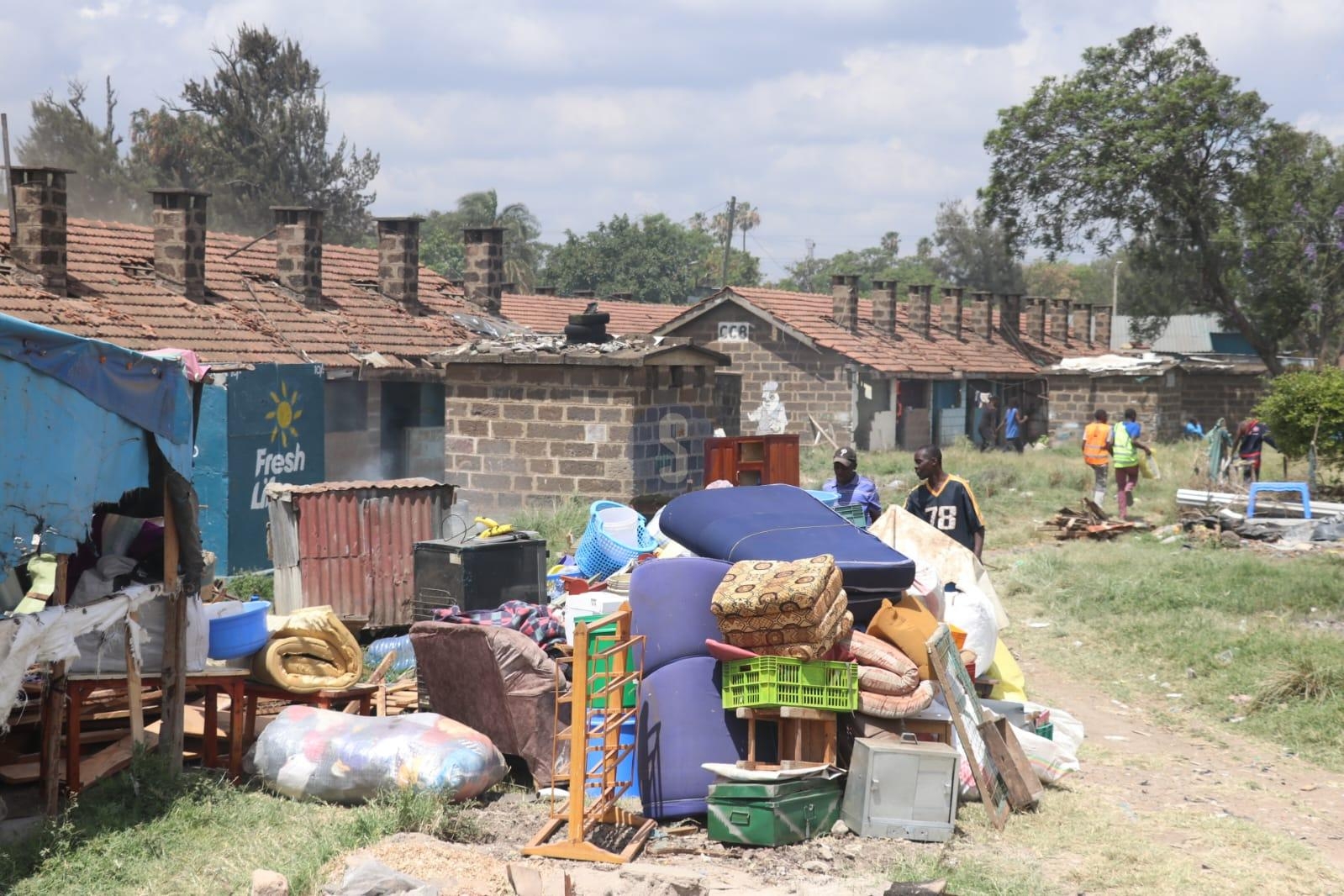The Kenya Forest Service has provided more than 18 million seedlings for planting countrywide during the current rainfall season, which commenced in September.
In a statement yesterday, KFS chief conservator of forests Alex Lemarkoko said it intends to continue raising more high-quality tree seedlings.
It has received 4,680kg of assorted tree seeds from the Kenya Forestry Research Institute.
"The seeds have already been distributed to KFS tree nurseries countrywide for production of more than 200 million seedlings for planting from the next tree planting season," Lemarkoko said.
He said besides the tree seedlings available in KFS tree nurseries, there are also tree seedlings available in private tree nurseries and within nurseries operated by other institutions.
"Some 42 million seedlings are currently available in all for planting in the current rainy season," Lemarkoko said.
KFS is the lead agency tasked with the implementation of the government's agenda of attaining 30 per cent tree cover by 2032, up from the current 12.13 per cent.
It protects 6.4 million acres of gazetted forests and another 420 million acres under counties.
The state needs at least Sh600 billion to enhance tree cover in the next 10 years.
Statistics from the state show that the forest cover increased from 5.9 per cent in 2018 to 8.83 per cent in 2021, while the national tree cover stands at 12.13 per cent, above the constitutional target of 10 per cent.
Results generated from the National Forest Resources Assessment 2021 show that the country has 5.2 million ha of national forest cover, which represents 8.83 per cent of the total area.
KFS also recently employed 2,700 rangers to bolster conservation and management work, and it is in the process of employing another 600 foresters.
As part of the KFS collaborative approach, Lemarkoko said, KFS is actively supporting and partnering with other institutions and organisations dedicated to environmental conservation by sharing knowledge and resources to amplify collective impact.
"In addition, under the 15 Billion Trees campaign, KFS through the Ministry of Environment, is hiring 4,000 tree nursery attendants for the ‘Green Army’ programme," Lemarkoko said.
"The Green Army is expected to greatly contribute to the achievement of growing 1.5 billion tree seedlings per year for the next 10 years."
He said the Green Army tree nursery workers will assist in the national tree-growing and ecosystem restoration programme by raising tree seedlings and planting trees and silvicultural operations in forests.
Applications were received and interviews are expected to be conducted on a day to be announced in the coming weeks.
Lemarkoko said the service is also implementing a comprehensive set of measures to ensure the survival of the planted trees.
"These measures include regular monitoring, proper watering, protection from pests and community engagement to foster stewardship," he said.
Lemarkoko said the 15 billion tree-planting drive is harnessing the power of technology and innovation.
This, he said, is by leveraging on technological advancements, such as remote sensing and use of drones in forest monitoring.
"This will ensure data-driven decision-making and enhanced efficiency in tree planting and maintenance," he said.
To promote monitoring of trees planted, the CCF said KFS has participated in designing the Jaza Miti App, a mobile application for tracking tree planting progress across the country.
The main objective of the Jaza Miti App is to provide information that enhances science-based smart greening activities by stakeholders in forest-based enterprises.
Kenya Forest Service employs a multi-faceted strategy that incorporates community involvement, sustainable forestry practices and public awareness campaigns. These interventions are essential to realising our mission.
At present, KFS operates 300 tree nurseries, and there are plans to establish a further 41 additional nurseries, mostly targeting ASAL counties that have the greatest restoration potential.
These tree nurseries are instrumental in propagating and nurturing appropriate tree seedlings for planting.
The current rainfall season is expected to have an enhanced amount of rainfall as indicated by meteorological reports, and this is a great opportunity for all Kenyans to engage in tree-growing on their farms, schools, places of worship, arboretums and parks, roadsides, among other suitable locations.
Lemarkoko urged all the stakeholders to collaborate with KFS to grow trees during this rainy season in order to actualise the collective aim of greening the country and achieving a sustainable forest and tree cover.



